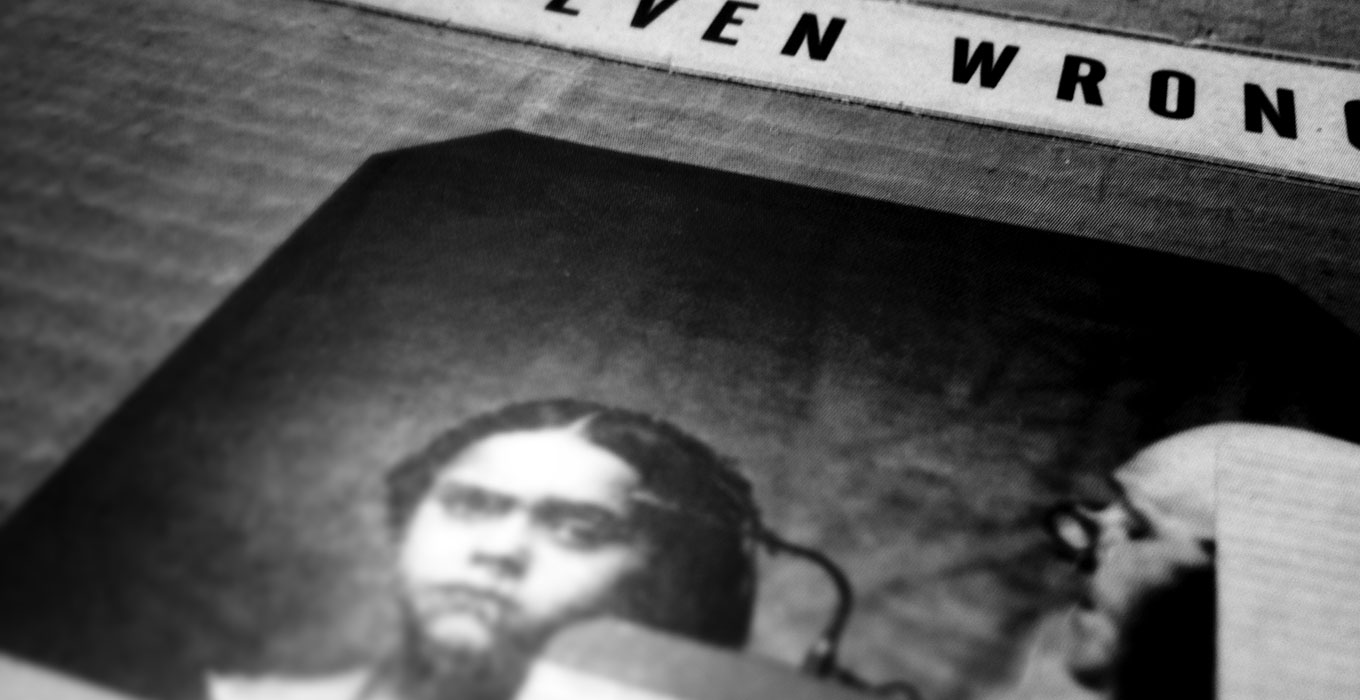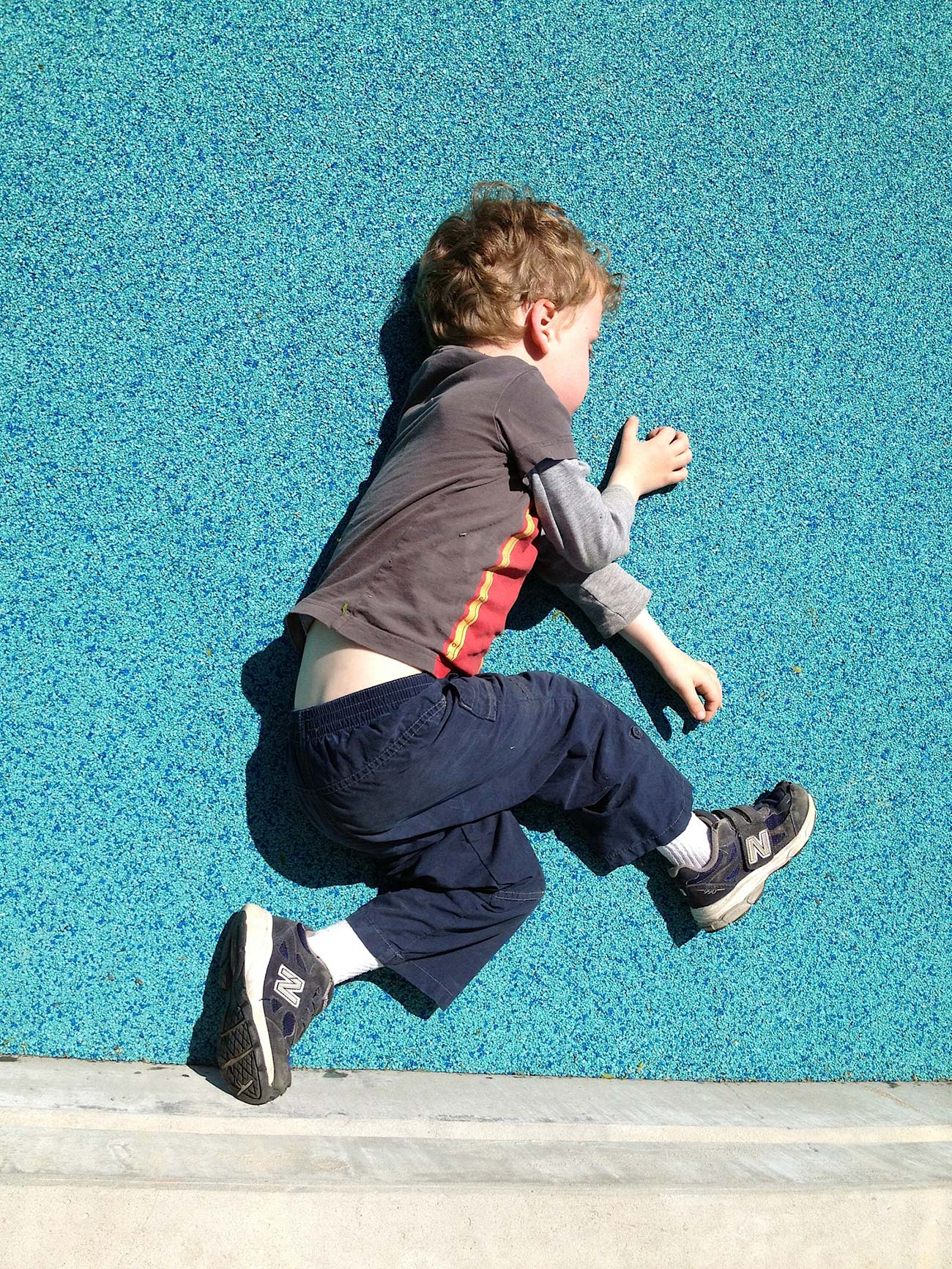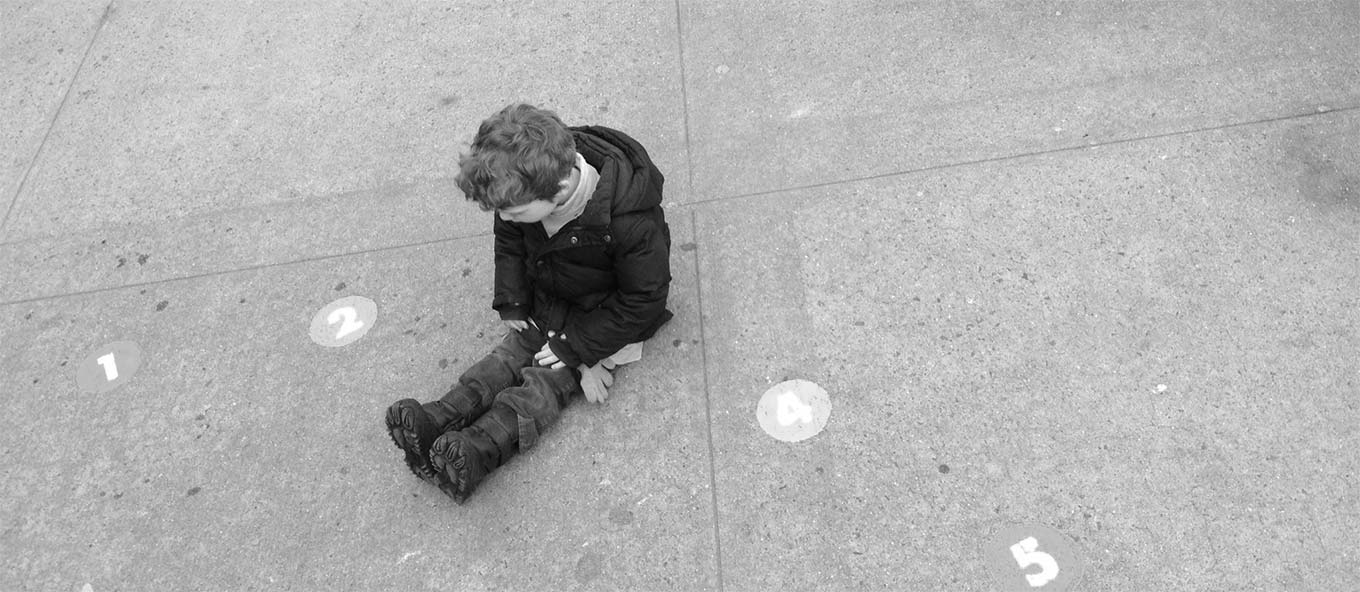It's about perspective. This tweet sums it up perfectly:
The greatest tragedy that can befall a child with #autism is to be surrounded by adults who think it’s a tragedy.
— Ellen Notbohm (@EllenNotbohm) September 6, 2013
Your Custom Text Here
It's about perspective. This tweet sums it up perfectly:
The greatest tragedy that can befall a child with #autism is to be surrounded by adults who think it’s a tragedy.
— Ellen Notbohm (@EllenNotbohm) September 6, 2013
 Shortly after C's diagnosis I began reading everything I could on autism. I focused on possible causes, potential therapies, and what we might do to make things better.
Shortly after C's diagnosis I began reading everything I could on autism. I focused on possible causes, potential therapies, and what we might do to make things better.
After a while, I needed a break; I wanted to read something that wasn't autism-related. One of the last books I read before C's diagnosis was The Murder of the Century by Paul Collins, a smart and insightful non-fiction account of early 20th century journalism and its handling of a terrible crime.
Since I liked his writing, I decided to look for other books by Collins. Imagine my surprise when I discovered that he'd also written Not Even Wrong: A Father's Journey into the Lost History of Autism. The reviews were glowing, and the back cover description enticing:
Not Even Wrong is a haunting journey into the borderlands of neurology — a meditation on what 'normal' is, and how human genius comes to us in strange and wonderful forms.
The book captivated me; besides being beautifully written and sincere, it's a touching account of a parent's journey shortly before, during, and after receiving an autism diagnosis. More, though, it provides a wonderful and telling history of autism, and paints fascinating portraits of historical figures, infamous and famous, who were likely autists themselves.
Not Even Wrong was the first thing I'd read — or even really experienced — that helped me come to grips with the diagnosis and even begin to embrace it. I'd like to describe this transformation, but I don't think I'd do it justice. Instead, I'll just cite a couple of passages that demonstrate the sorts of insights that, to me, were revelatory:
"When Morgan's diagnosis first came in, all I could think of was: How do I fix him? How do I make him normal again? But there was no again, not really, because there never was a before. He has always been this way: it is who he is. Still, I wanted him to be able to fit in, to not have to feel that he was different. Just some special classes, some special help, I'd figured, and he can get along in the regular school classes, he can be mainstreamed. And I supposed it's a fine thing to fit in, when you can. If he does, that will make things easier. And if he doesn't?..."
And this, on trying to mainstream:
"...and the problem with pounding a square peg into a round hole is not that the hammering is hard work. It's that you are destroying the peg. What if normal school makes you abnormally miserable? And what if growing up into normal society makes you a miserable adult? Is that success? Is that normal? Do you want to be in the mainstream if it's going to drown you?"
And, finally, this:
"Autists are described by others — and by themselves — as aliens among humans. But there's an irony to this, for precisely the opposite is true. They are us, and to understand them is to begin to understand what it means to be human. Think of it: a disability is usually defined in terms of what is missing. A child tugs at his or her parents and whispers, 'Where's that man's arm?' But autism is an ability and a disability; it is as much about what is abundant as what is missing, an overexpression of the very traits that make our species unique. Other animals are social, but only humans are capable of abstract logic. The autistic outhuman the humans, and we can scarcely recognize the results."
I've recommended Not Even Wrong to several parents after they've received an autism diagnosis, but I would also recommend it to anyone — friends and family included — with an interest in history, neurology, psychology, autism, and unconditional love. You won't be disappointed.
 C is a boy who, at four, can read full sentences, complex words, and short books; if it's 6:51, he can tell you how many minutes until it's 6:58; he's memorized nearly every street in our neighborhood and can represent them with toy train tracks; he knows all the stops on the Q train from here to Brighton Beach; he knows the color of every single NYC subway line; if you ask him what number J is, he'll say "ten" without hesitation, because that's where J falls in the sequence of letters in the alphabet.
C is a boy who, at four, can read full sentences, complex words, and short books; if it's 6:51, he can tell you how many minutes until it's 6:58; he's memorized nearly every street in our neighborhood and can represent them with toy train tracks; he knows all the stops on the Q train from here to Brighton Beach; he knows the color of every single NYC subway line; if you ask him what number J is, he'll say "ten" without hesitation, because that's where J falls in the sequence of letters in the alphabet.
But C is also a boy who cannot take a basic hearing test: the doctor prompts and prods, trying to get him to answer the simplest question ("Do you hear a beep now, C?") but C just giggles and wriggles, or spaces out entirely.* And this is just one example of the myriad tasks that fall into the category of Basic Life Skills that completely elude our boy.
It's this duality, more than anything else, that epitomizes the challenge C faces in life. How can someone so bright in so many ways get by if he cannot learn to master the simplest social interactions and situations? Life independence isn't a matter of having a photographic memory or advanced math, spelling, and geography skills, but of navigating a complex web of human relationships.
For my part, I've mostly given up on trying to describe C's autism using signs and symptoms because, taken out of context, they don't really provide an accurate picture. No, I think the example above does it best: C is a boy who can do some simply amazing things, but utterly struggle with things a child half his age can do without the slightest thought.
Can a child learn to master the basic life skills that seem to be in the realm of instinct alone? I don't know, but I certainly hope so.
...
* After the test, my wife asked C how many beeps he heard during the hearing test. "Fifteen," he replied without the slightest hesitation. "Wow," said the doctor, "that's exactly how many there were!" As usual, C can do it, but he has to do it his own way.
 When things are crowded, bustling and noisy, C will often find a quiet place to relax.
When things are crowded, bustling and noisy, C will often find a quiet place to relax.
Such was the case this Sunday at a busy playground: C was having a ball running around and generally making merry when I think it got to be a bit much for him. He didn't have a meltdown or otherwise fall apart. Instead, he found a nice soft patch of blue foam flooring (did I mention this was a pretty cool playground?) and chilled out for a few moments. That's when I snapped the photo above...a break from all the black and white on the site for a change.
Once, when we were at an apple farm, C disappeared. We found him a few moments later inside the empty engine compartment of a tractor, his big eyes and wide grin beaming in the dark refuge he'd found for himself.
A few weeks ago we were at a local playground when C was lying on the ground at the bottom of a slide. Kids were going right off the edge over him, oblivious to his presence, and he was happy as a clam lying there on the ground, getting dirty as a chimney sweep, but still being part of the action in his own unique way.
A concerned mom walked over to me and said, "I think something may be wrong with your son."
"No, he's okay. He does that."
"He's been lying there for about 45 minutes. He might be sick."
"No, he's smiling. See? He just likes to lie quietly sometimes."
"Are you sure? I mean, kids are going right off the slide over him. He could get hurt."
"He's fine. I think this is his way of playing with the other kids."
Raised eyebrows. "If you say so."
I do say so.
I no longer see these moments of separation from social action as problematic; I'm coming to appreciate his ability to know his limits and find a little bit of calm.

We want to tell you about all of C's achievements.
We want to tell you how well he's doing. We want to tell you that he's reading well beyond his years, and that he's developed a deep affection for his twin, frequently hugging him and saying, "I love you, brother."
We want to tell you that he says, "It's 7:70!" when it's ten minutes past eight! We want to tell you that he sat still and ate a cupcake, and that he finally peed in the potty. We want to tell you all of these good things and none of the bad things.
But when we do, you say, "See! He's going to be fine." You tell us, "He's probably going to be a rich scientist!" You implore us "not to worry so much!" You say, "I told you so!"
And in doing so, you discount all the things that we're still struggling with. You ignore all the challenges. You diminish all the effort we've expended just trying to overcome these minor obstacles. And you're ignoring the fact that none of these accomplishments erases his autism.
Most of all, you're not really talking about our son anymore. You're projecting your own desires, your own insecurities, your own wish for everything to be okay after all.
And you're probably doing it because you think it's what we want to hear, because you think it's supportive. In fact, it's not.
Here's the deal: C is always going to have autism, and we're okay with that now. It will shape everything about his life, and everything about our lives, forever. It's not going away, and neither are we.
Our acceptance of C's autism, and all the good and bad that come with it, doesn't make us pessimists — it makes us realists. Further, accepting C's autism was the first step in getting him the help he needs. If we downplay the challenges he faces, then we won't fight and work as hard to help him overcome them.
Somewhat ironically, denial would have been the easier path for us, but it's not the path we chose. So as we go on this journey, we ask you to come along with us. We're not asking for sympathy or pity. We don't want you to stop being optimistic.
We're just asking for you to accept things as they are.